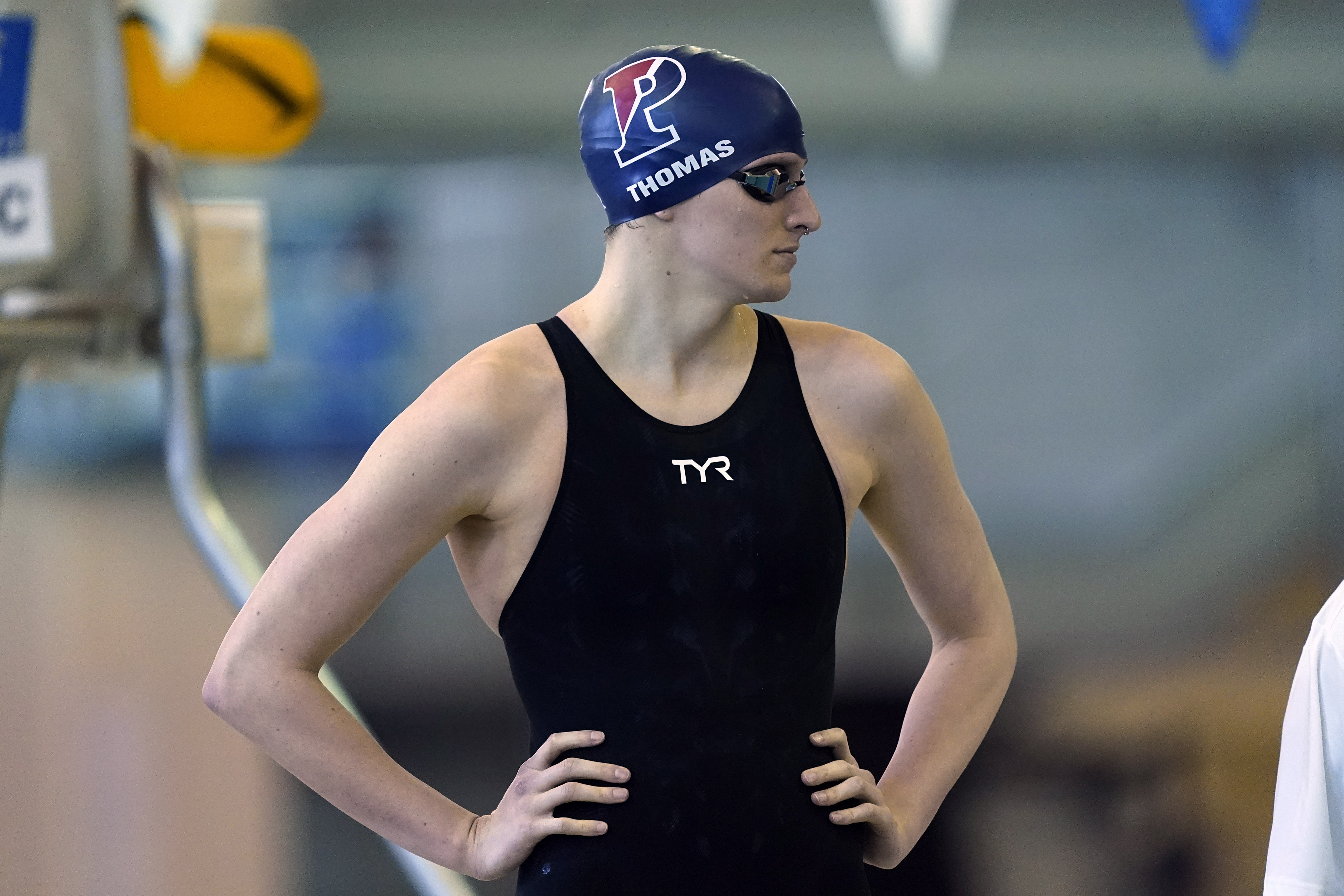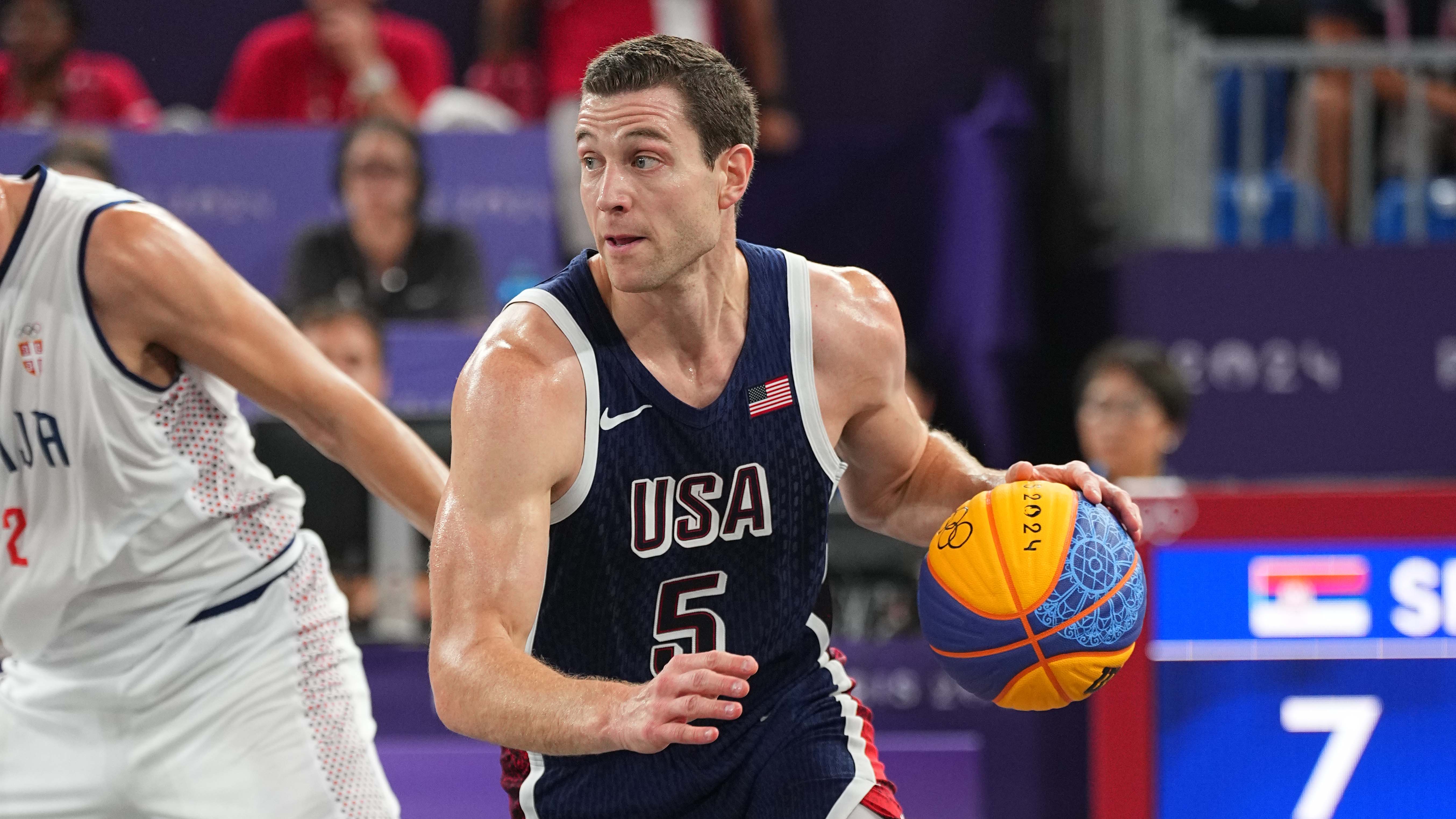
Given how I aim to grab your attention, I suppose this argument, or at least its lede, is about four years too late. But, seeing as how the issue still exists, has not been remedied, likely will not be remedied, and just reared its head again, consider the following...
If I had it my way, the Phillies would not have closed out their 2008 World Series in Citizens Bank Park. The Atheltics wouldn't have won at Shibe in 1929 either.
Of course I'm happy they broke a 25-year championship drought in front of the home fans, and actually won and that the A's actually won a title in Philly in the first place.
With our All Access Daily newsletter, stay in the game with the latest updates on your beloved Philadelphia sports teams!
But if homefield advantage is actually supposed to mean something in the playoffs, then neither Game 5 should have ever been played in Philadelphia.
Here's why.
The 2-3-2 playoff format has been utilized in the World Series since 1924 and in MLB's League Championship Series since 1998. The NBA adopted the format for the finals in 1985 at the behest of Celtics demigod Red Auerbach, who pushed for it in an effort to cut down on cross-country travel -- flying back and forth from Boston to L.A. just wasn't for Red.
And, practically, the man was right. The 2-3-2 series is more efficient both in terms of travel costs and in terms of the wear and tear long plane rides can take on players already fighting through injury on the biggest stage in their profession.
News
That said, the 2-3-2 creates one scenario that actually puts the team with homefield or homecourt at a disadvantage. The A's and Phillies cashed in on the loophole in 1929 and 2008, and the Oklahoma City Thunder fell victim to it last Thursday night.
By losing their series with the Miami Heat in five games, the Thunder, whose 47-19 record was better than the Heat's 46-20, actually played fewer games at home in the series than did the Heat.
The supposed advantage of the 2-3-2 for the home team is that as opposed to just having Game 7 at home in a 2-2-1-1-1, that team now gets Game 6 and Game 7 in front of their own fans, in their own building. Those games help bookend the series should it actually make it six or seven games.
But that's the point, there are times series don't last that long. When they don't, the team with the worse regular season record actually ends up playing more games at home than the team with the advantage, assuming the series ends in five games with the higher seed losing 4-1 (This argument will soon extend to baseball's upcoming 2-3 Division Series should the lower seed win 3-0).
To gauge the sample size, this scenario in the 2-3-2 has only arisen four times in the NBA since 1985, fives times in the MLB League Championship Series since 1998 and seven times in the World Series since 1924.
Still, this possibility simply isn't possible in the 2-2-1-1-1 format employed in the NBA playoffs' first three rounds and throughout the entire NHL postseason. At no point in the 2-2-1-1-1 can a series end without the team who owns the advantage having played at least an equal number of games in its own stadium.
I stress the importance of this fact not because I necessarily believe in the advantage of playing at home -- in fact, some teams just play better on the road -- nor because the higher seed is always better -- separate conferences can often produce a lower-seeded finals qualifier that will win a series in five games regardless of where the games are played -- but because homecourt/field/ice advantage is actually a concept. It's employed. It exists. It is discussed. It's, let's just say it, a "thing."
Teams spend either 82 or 162 games over the course of a regular season trying to reach the postseason. As a reward or penalty for their performance should they make it, they are either granted or not granted a home advantage. Again, whether that advantage actually exists for all teams at all times is irrelevant, as this advantage is acknowledged and bestowed by the leagues based on their rules.
Now, assuming we don't care about protecting the advantage, this argument will fall on deaf ears and we can just flip a coin at the start of the series or play an all-star game to see which team will host Games 1, 2, 6 and 7 and which will do the same for Games 3-5.
But the better answer here, assuming we do indeed care about enforcing the advantage and protecting the teams who earned it (or, in other cases, were given it), is to switch these series to the 2-2-1-1-1 format. This set up best protects the advantage as at no point in this logistical set up is it possible for the lower seed to have played more home games than the higher seed at any point in the series.
So, sure, I'm happy the A's won at Shibe in '29 and the Phils at CBP in '08 and '09 (against the Dodgers in the NLCS), I just would have preferred them, for the sake of logical consistency, to have done it in a 2-2-1-1-1 in six.
This post previously mentioned the Phillies, not the Athletics, won the World Series in 1929. This, obviously, was not the case. Article has since been corrected.


